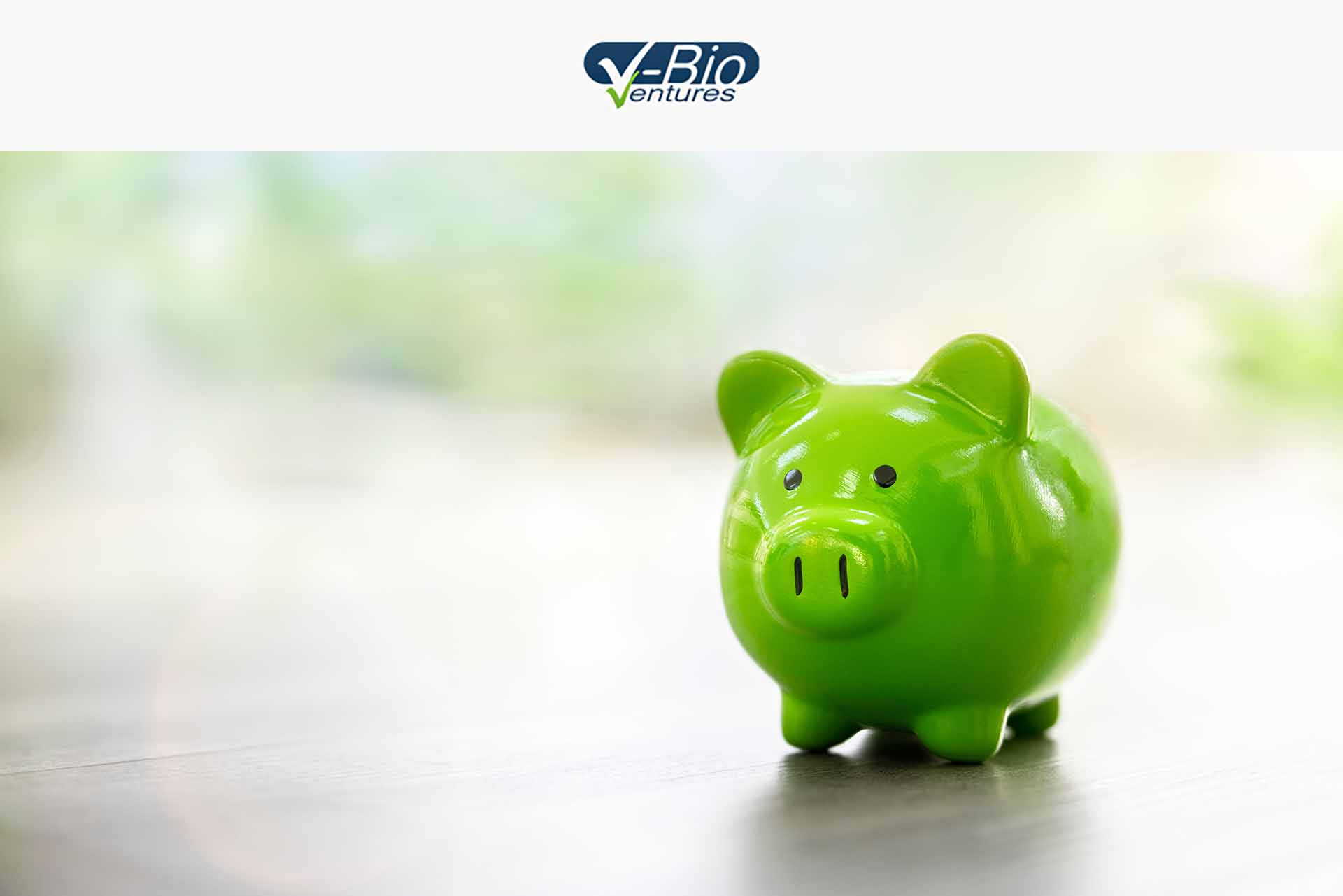The world has turned to reveal a rapidly changing environment created by global climate change. Record-breaking heatwaves, crop-decimating droughts, and increases in infectious diseases are just a few of the cascading effects brought on from anthropogenic CO2 emissions.
The greenhouse gas effect has manifested exceedingly warm nights and unseasonably hot days. Heatwaves are baking Europe with increased frequency and at temperatures that were not expected until 2050. Heat-related casualties are some of the immediate human impacts and erratic precipitation patterns will leave millions without food. This summer, Italy has suffered its worst drought in at least 70 years and the crop harvest is already being impacted. In the not-too-distant future, food is at risk of becoming nutritionally deplete, as increased CO2 will produce bigger plants without the concomitant nourishment. Together, we can expect worsening global malnutrition and loss of life.
“Record-breaking heatwaves, crop-decimating droughts, and increases in infectious diseases are just a few of the cascading effects brought on from anthropogenic CO2 emissions.”
The predicted increases in daily average temperatures are also leading to a rise in the occurrence of infectious diseases. Humid environments accelerate the replication of pathogenic bacteria and facilitate distribution of fungal spores that can detrimentally impact human health. Diseases that were previously thought to be tropical are also beginning to migrate north. If the ongoing Covid-19 pandemic is any lesson, governments should prioritize testing, treatment, and prevention policies to preempt health deficits.
More support for sustainable startups
The latest IPCC report details how tipping points that render changes to earth’s climate irreversible have already been passed, and that others are almost certain to be toppled. The report encourages mitigation of emissions and warming, but importantly, it also puts forward adaptation strategies to this new normal. In doing so, the report effectively lays a roadmap of opportunity for venture capitalists wanting to invest in a brighter future. VCs can start every investment on the right foot by selectively engaging with companies that employ ESG charters: Environmental, Social, and Governance criteria that set a standard for the company’s behavior.
In addition to companies with ESG charters, VCs should also start paying more attention to startups that aim to reduce waste in healthcare. US healthcare alone contributes 10% of the country’s total emissions – if US healthcare were its own country, it would be the 7th worst polluter worldwide. However, reducing the energy consumption, emissions, and waste of global healthcare superstructures is attainable through the adoption of environmentally friendly principles.
“VCs can start every investment on the right foot by selectively engaging with companies that employ ESG charters: Environmental, Social, and Governance criteria that set a standard for the company’s behavior.”
VCs specializing in medical biotechs can abate future health disasters by investing in companies that are tackling conditions expected to dominate the future disease landscape. These include startups working on: pulmonary and inflammatory diseases triggered by pollution; improved vaccine stability, adaptability, and efficacy; and desperately needed novel antibiotics.
Funds focusing on ag- and foodtech solutions can meanwhile hone in on startups producing nutritionally replete and environmentally robust plants to ensure people stay healthy and well-fed despite the world’s changes. Examples of technologies that support plant growth include next-generation bio-based fertilizers and soil microbiome enhancers. Companies that produce new plant varieties via genetic engineering or clever breeding programs can also help feed the burgeoning human population by facilitating crop adaptation to new or extreme climates. Meanwhile, on the high-tech end of the scale, carbon fixing microbes like microalgae are already being used to produce protein for animal feed and human food alike. Such strategies to capture CO2 and generate commodities are interesting, but we do still need a full lifecycle analysis to ensure they are sustainable in the long-term.
Influencing governments for good
In addition to VC investments, government support will also be critical for these companies to succeed on the scale needed for global impact. Thankfully, governing bodies are currently paying more attention than ever to the planet’s sustainability and its importance to our species’ survival. But this interest must be sustained and emboldened in the face of climate change deniers and individuals acting in bad faith. VCs and their limited partners (LPs) can help here, too. By attaching sustainability requirements to LP commitments and ESG guidelines for all VC investments, we can preferentially direct investments towards climate-friendly entrepreneurs.
Read this V-Bio article on how a diverse ecosystem is key to economic success!
There is also an even bolder and more lucrative approach: VCs can earmark funds for climate, health, and agriculture advocacy groups encouraging government action. For example, in 2020 VC funding reached $130 billion in the USA – 1000 times greater than the amount of money spent on oil and gas lobby groups in the country that same year. And yet, these lobby groups enabled $180 billion in subsidies and $4 billion in profits for their clients that same year. Such numbers demonstrate the enormous potential VC investment priorities can have on their portfolio, return on investment, and the greater good.
The costs of unabated climate change are expected to soar to trillions of dollars per year, with the financial burden lying heaviest on the shoulders of global governments. To avoid these astronomical costs, ESG policy must become economic policy, but this change in government priorities would lead to a financial blow in the short term. By investing in groups advocating for a healthy, renewable, and well-fed future, as well as the companies developing these solutions, VCs can do their part to help create a better world while also improving their bottom line.


